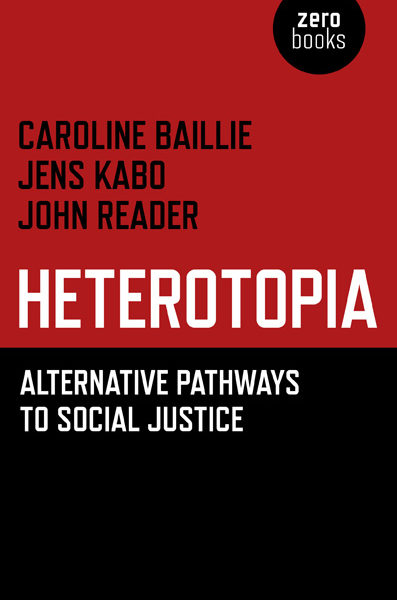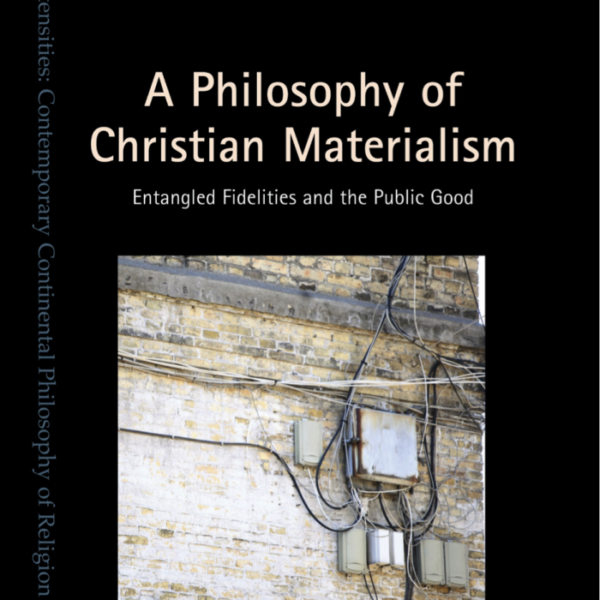
This book is both a project and a staging post on a shared journey. It is a place where, for a brief moment, the three of us came to rest in order to explore and expand upon our separate reflections on attempts to construct an appropriate contemporary conceptuality for Christianity, and its implications for engaged practice and public theology.
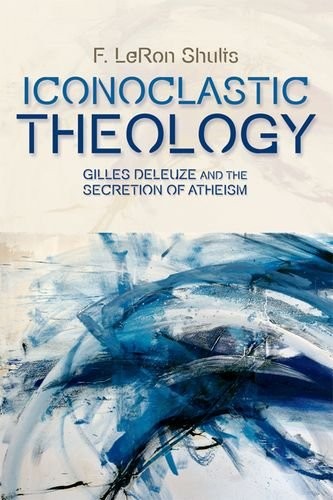
In his new book, LeRon Shults gives us a very helpful tool to help evaluate religion and politics in the context of Deleuzian “theology” in what he calls the “bio-cultural study of religion, ” which claims that “religious phenomena can be explained by the evolution of cognitive processes [Attributions] that over-detect human-like forms and coalitional process [Social] that over-protect socially inscribed norms.”
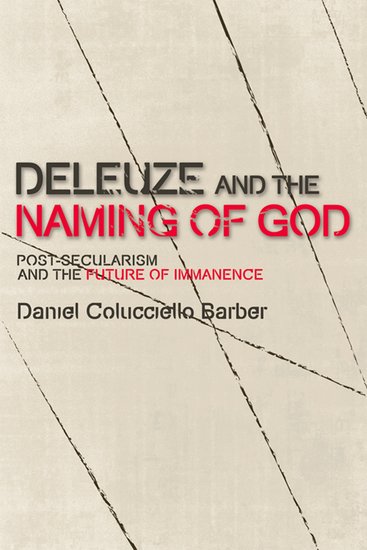
This book emerged from my attempt to understand what is going on when Deleuze’s philosophy speaks about creation. Along these lines, “Deleuze and creation” names the problematic that consistently runs throughout the book, even as addressing this problematic requires working within the distinct registers of the philosophical, the theological, and the political.
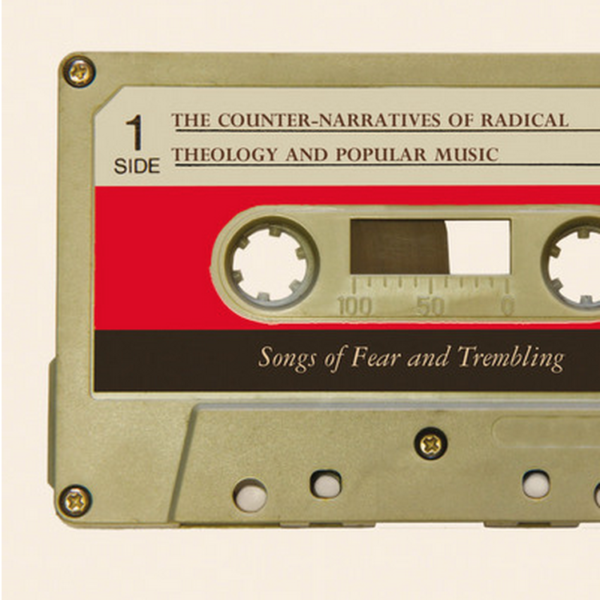
In 1965, the radical theologian William Hamilton stated the following:
‘If “Empty Bed Blues”, Tennessee Williams and “Guernica” are the sights and sounds of neo-orthodox theology, perhaps radical theology is closer to “We Shall Overcome”, Saul Bellow and Robert Rauschenberg.’
